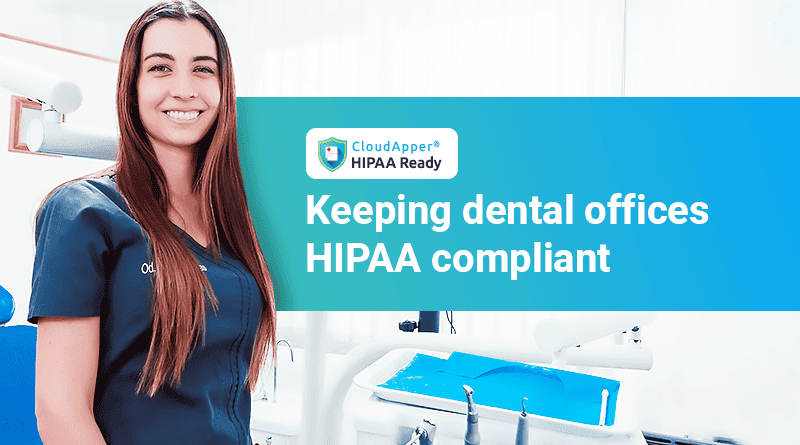Table of Contents
Making sure you’re always prepared for the possibility of a HIPAA audit from the HHS Office for Civil Rights (OCR) or a State Attorney General is a crucial element of being HIPAA compliant.
An audit may seem a little intrusive by nature, but if you’re prepared, you’ll be able to handle it with a lot more peace of mind. The following five suggestions can help you prepare for a HIPAA audit.
1. Train your workforce
A well-trained workforce that is prepared to regularly monitor HIPAA compliance is the core of any excellent compliance program. Any member of your team who comes into touch with PHI (Protected Health Information) must be prepared to keep it secure while it is in storage, transit, and at rest. Contractors, part-time workers, and Business Associates may be included. You must document all employee training and train new employees as soon as possible after they start. HIPAA requires annual retraining to keep you up to date on changes in the law and the best practices for keeping your information secure. Auditors will normally want the last three to four years of training records. This is why a yearly training program is necessary.
2. Carry out a risk assessment
A Risk Assessment is the first document that you must show an auditor during a random HIPAA audit or after a breach. Your Risk Assessment will identify loopholes and vulnerabilities in your business and enable you to address them before they become a problem. This way, you won’t be left with unresolved weaknesses that an auditor may discover. An annual Risk Assessment should be regarded as a routine aspect of your HIPAA compliance strategy.
3. Select and appoint a Privacy and Security Officer
The Privacy Officer (PO) is the person in charge of maintaining paperwork and executing your HIPAA compliance strategy. The Information Security Officer (ISO), who controls the company’s security program, assists him or her. In a small business, one person may occupy both of these positions. The PO and ISO should be company managers or officers with the power to discipline employees who are not HIPAA compliant. This will assist you in ensuring accountability inside your company. The Privacy Officer is also in charge of assigning compliance responsibilities to staff, reviewing and updating Policies and Procedures, and supervising their implementation.
4. Set up a HIPAA compliance plan
Documenting Policies and Procedures is mandatory by HIPAA, but if they are not implemented, they will be worthless in the case of a breach or HIPAA audit. This process will involve the implementation of administrative, physical, and technical safeguards in accordance with the HIPAA Security Rule. These will provide employees with clear guidelines for protecting information, protecting physical systems, and maintaining cybersecurity safeguards. Taking a proactive approach to breach prevention will assist you in detecting breaches before they occur. This method will also help you pass an audit with flying colors.
5. Regularly review and update your compliance plan
Having a plan in place is useless if it does not represent the current status of your company. If an auditor finds that you haven’t retrained your staff in several years, or that your Policies and Procedures refer to old systems or people who have long since left the company, you may be in danger. It is essential not only to establish and implement your compliance plan, but also to analyze the effectiveness of current procedures and whether anything can be done to improve them on a regular basis. You won’t be caught off guard if you keep alert and treat compliance as an ongoing process.
Have you conducted a risk assessment recently? Do you have up-to-date HIPAA policies and procedures? All of this and more is provided by our HIPAA Ready Software! HIPAA Ready digitizes and centralizes all aspects of compliance so you can relax, save time, and have confidence that things are under control.
Want to know more about how you can become HIPAA compliant?
Contact us at info@cloudapper.com to learn more about how we can help your organization become HIPAA Compliant.
What is CloudApper AI Platform?
CloudApper AI is an advanced platform that enables organizations to integrate AI into their existing enterprise systems effortlessly, without the need for technical expertise, costly development, or upgrading the underlying infrastructure. By transforming legacy systems into AI-capable solutions, CloudApper allows companies to harness the power of Generative AI quickly and efficiently. This approach has been successfully implemented with leading systems like UKG, Workday, Oracle, Paradox, Amazon AWS Bedrock and can be applied across various industries, helping businesses enhance productivity, automate processes, and gain deeper insights without the usual complexities. With CloudApper AI, you can start experiencing the transformative benefits of AI today. Learn More


















